Publication Ethics
Publication ethics are critical in maintaining the integrity, credibility, and scholarly standards of academic journals like Qaulan: Journal of Islamic Communication and Broadcasting. The following points outline key aspects of publication ethics that are typically observed by reputable journals, including Qaulan:
1. Plagiarism Detection: Qaulan adheres to strict anti-plagiarism policies. Authors are required to submit original work, and the editorial team employs plagiarism detection tools to ensure the authenticity of the submitted manuscripts.
2. Authorship and Contributorship: Only individuals who have made substantial contributions to the research are eligible for authorship. All listed authors must have participated in the design, data collection, analysis, and writing of the manuscript. Proper acknowledgment of contributors who do not meet the criteria for authorship is encouraged.
3. Data Integrity and Fabrication: Authors are expected to provide accurate and reliable data in their submissions. Any form of data fabrication, falsification, or manipulation is considered a breach of publication ethics and is not tolerated.
4. Conflict of Interest: Authors are required to disclose any potential conflicts of interest that may influence the interpretation of their research findings or the judgment of the manuscript. This ensures transparency and helps maintain the credibility of the research.
5. Ethical Treatment of Human and Animal Subjects: Research involving human or animal subjects must comply with ethical standards and regulations. Authors are expected to provide evidence of obtaining informed consent for studies involving human participants and demonstrate adherence to ethical guidelines for the use of animals in research.
6. Review Process Integrity: The peer review process is conducted transparently, with anonymity maintained between reviewers and authors. Reviewers are expected to provide unbiased and constructive feedback based on the merit of the manuscript. Editors handle the review process impartially and make decisions based on the scholarly value of the work.
7. Duplicate Submission and Multiple Publication: Authors are required to submit manuscripts that have not been published elsewhere and are not under consideration by other journals. Simultaneous submission of the same manuscript to multiple journals is considered unethical.
8. Correction and Retraction: If errors or inaccuracies are identified after publication, Qaulan follows a correction or retraction process. Corrections are made for minor errors, while retractions are considered for more serious issues that affect the validity of the research.
9. Editorial Independence: The editorial team of Qaulan exercises editorial independence, making decisions based on the academic quality of the submissions and without influence from external sources.
By upholding these publication ethics, Qaulan ensures the reliability and credibility of the research it publishes, contributing to the overall trustworthiness of the journal within the academic community. These ethical standards also help foster a culture of integrity and responsible scholarship in the field of Islamic communication and broadcasting.


